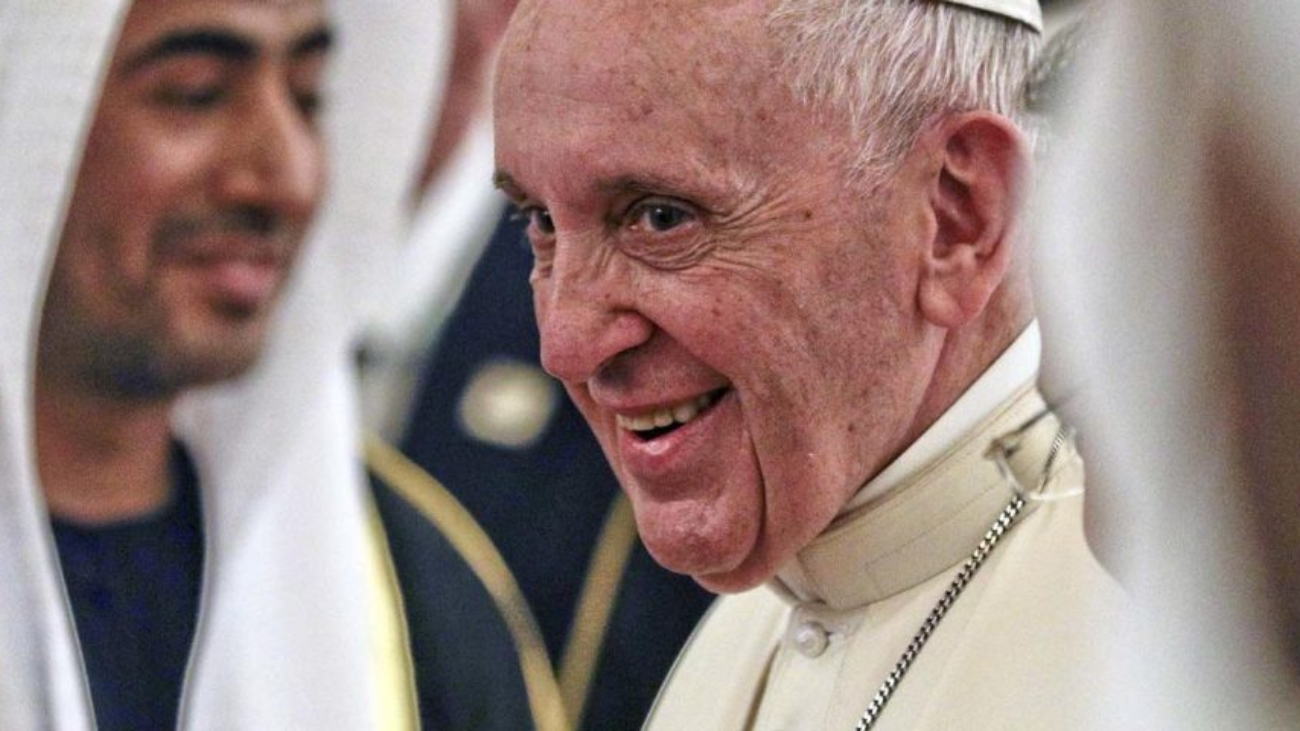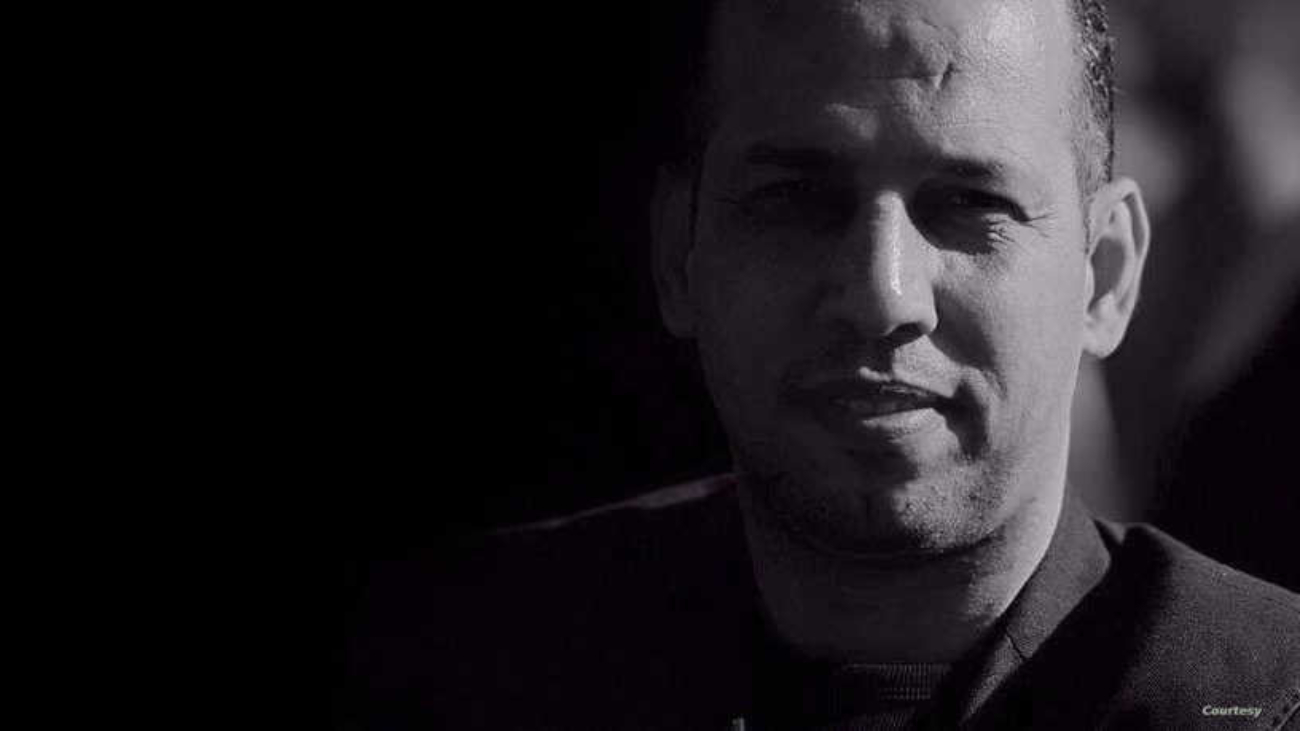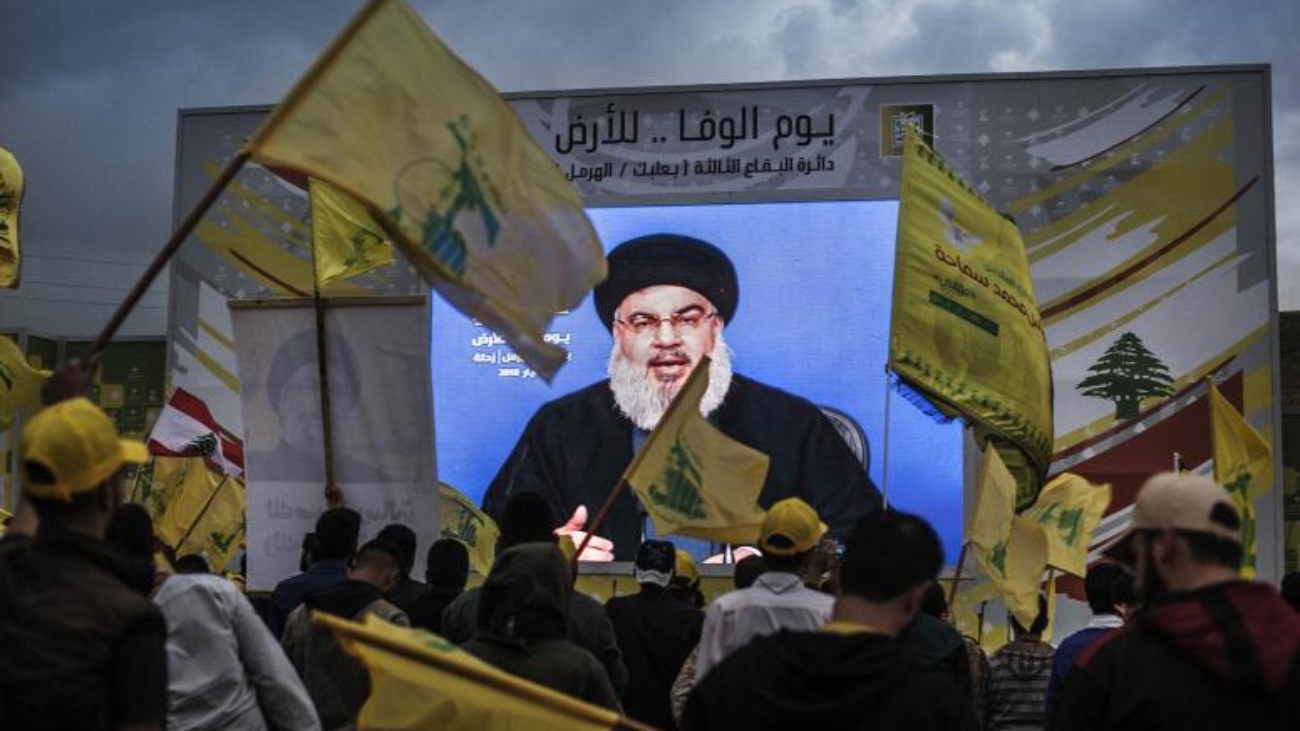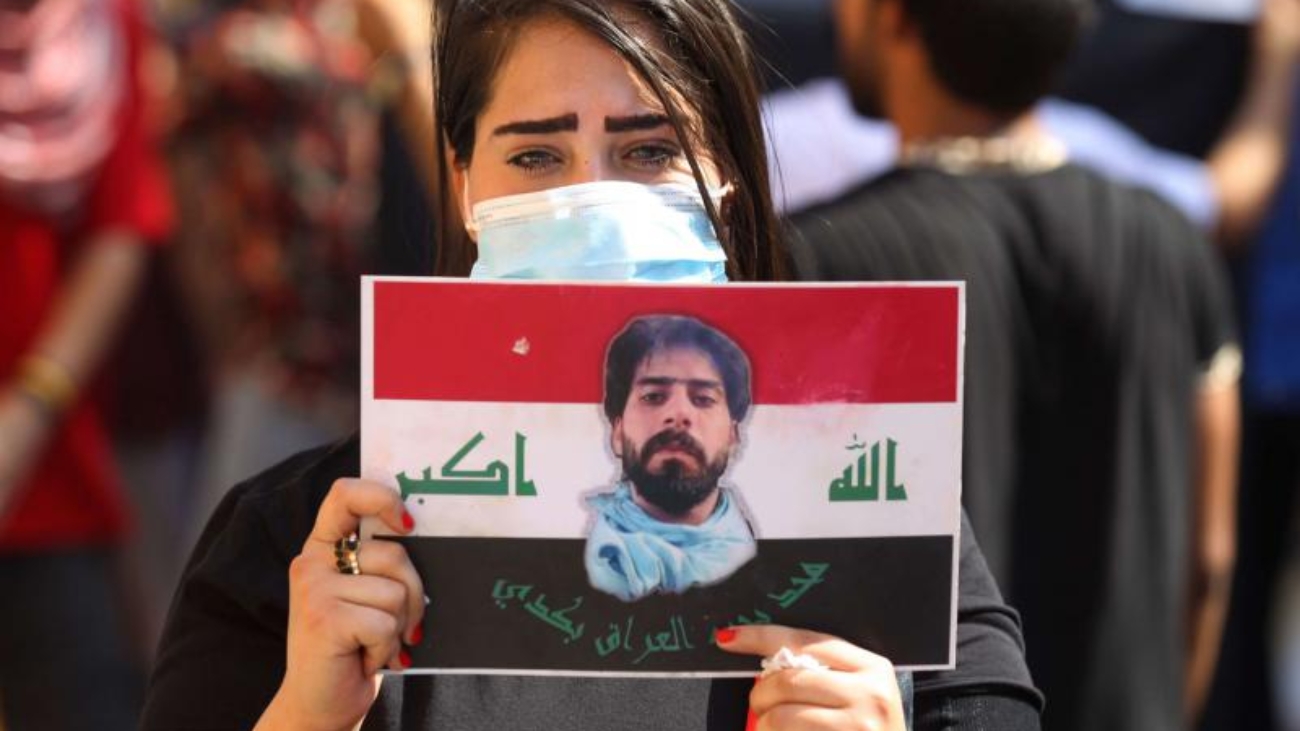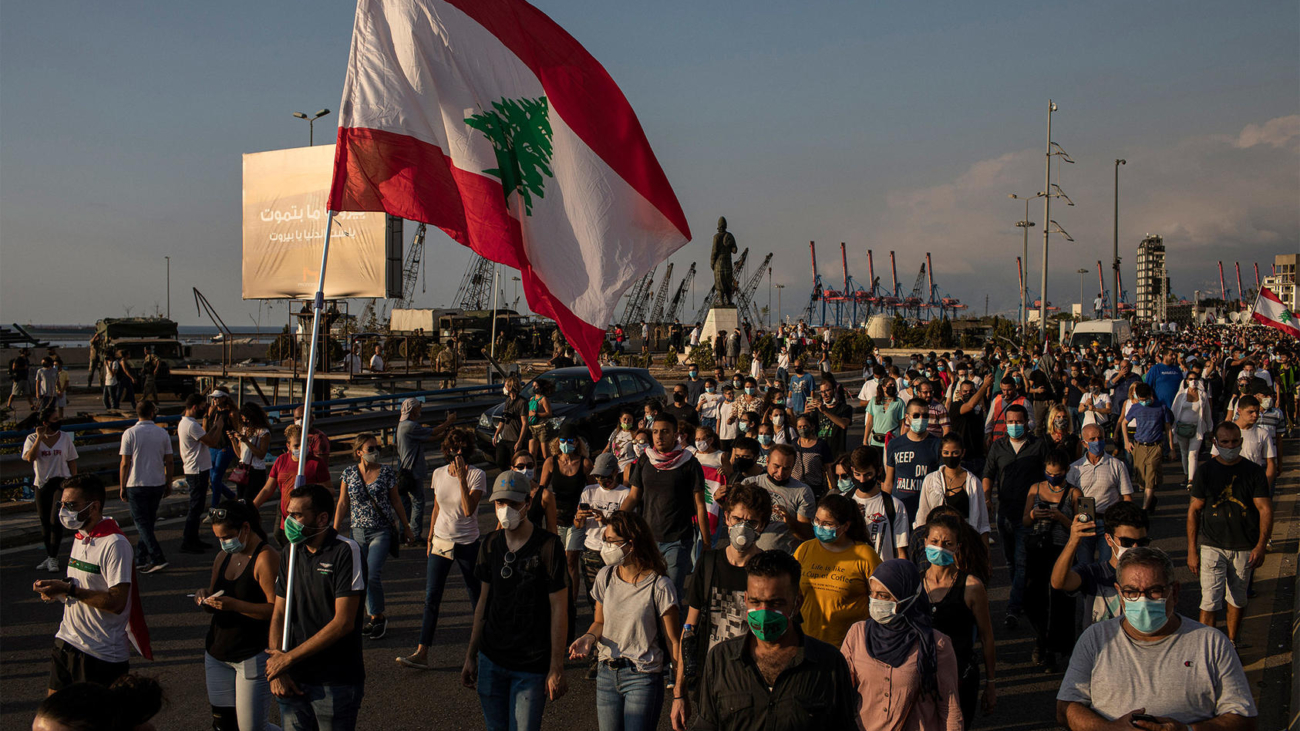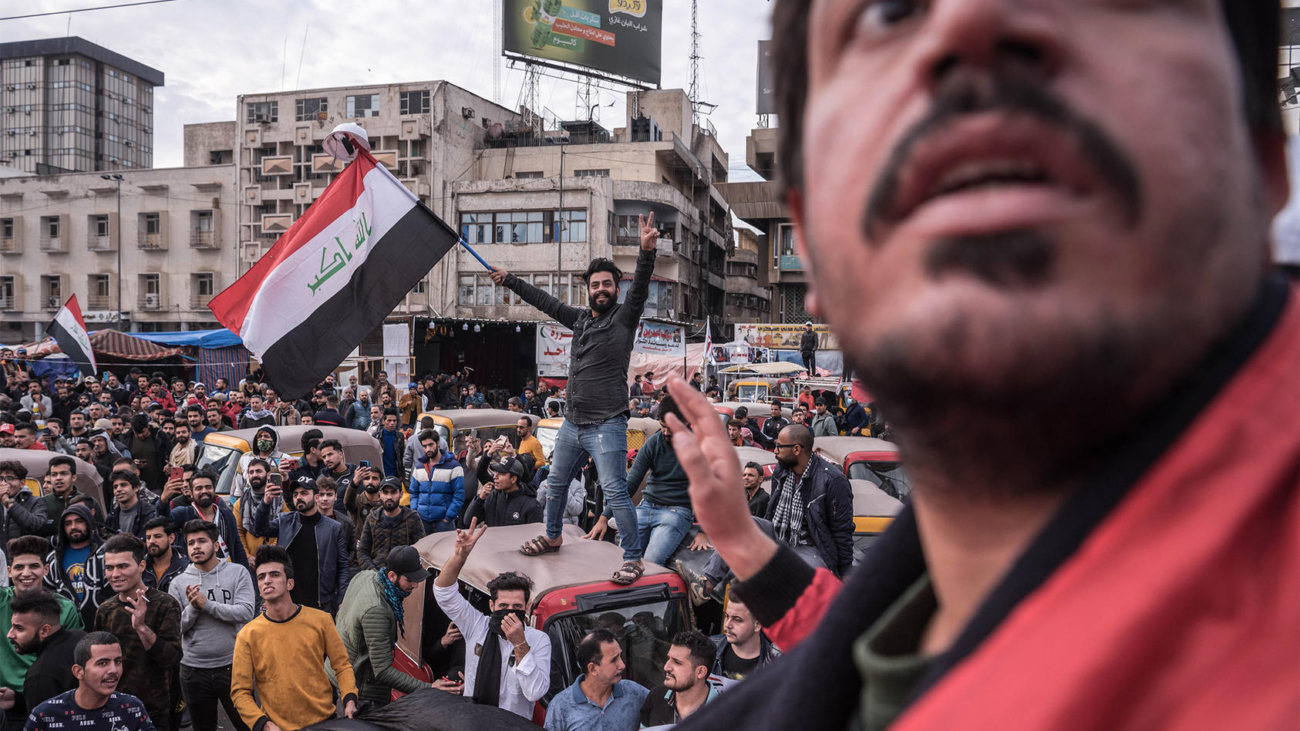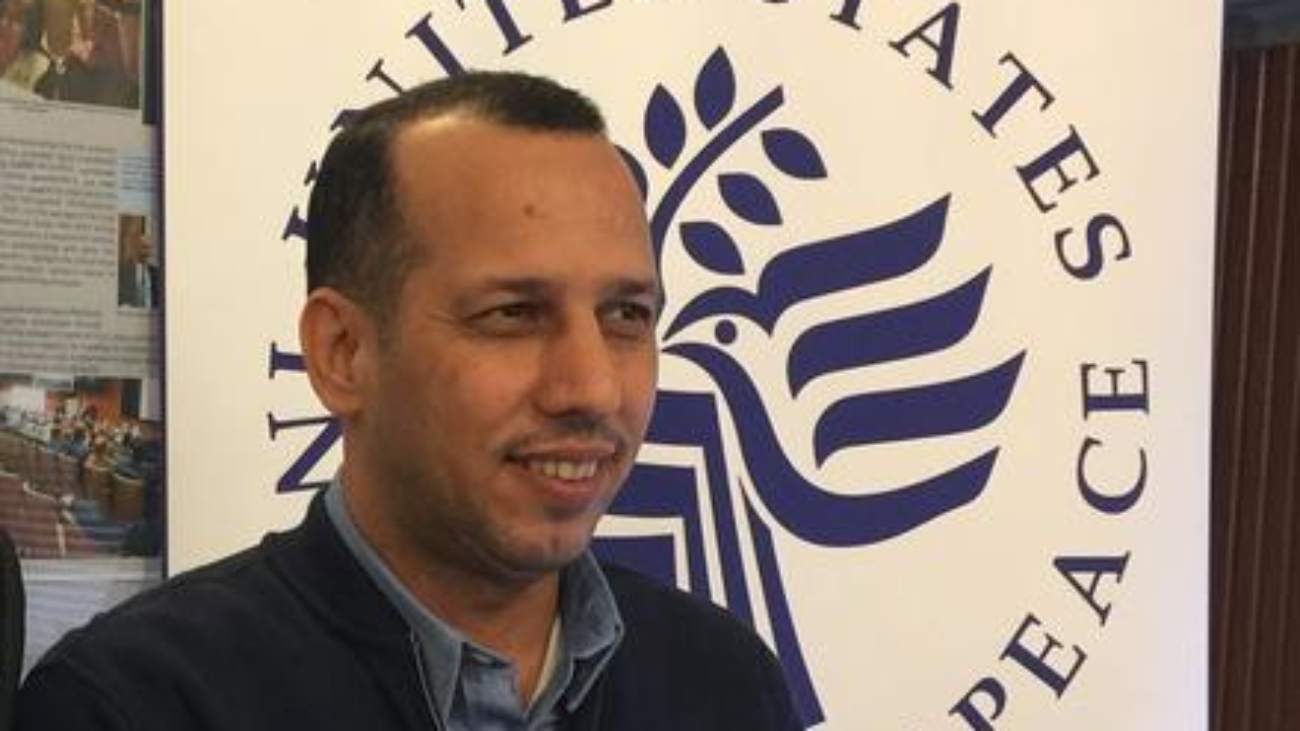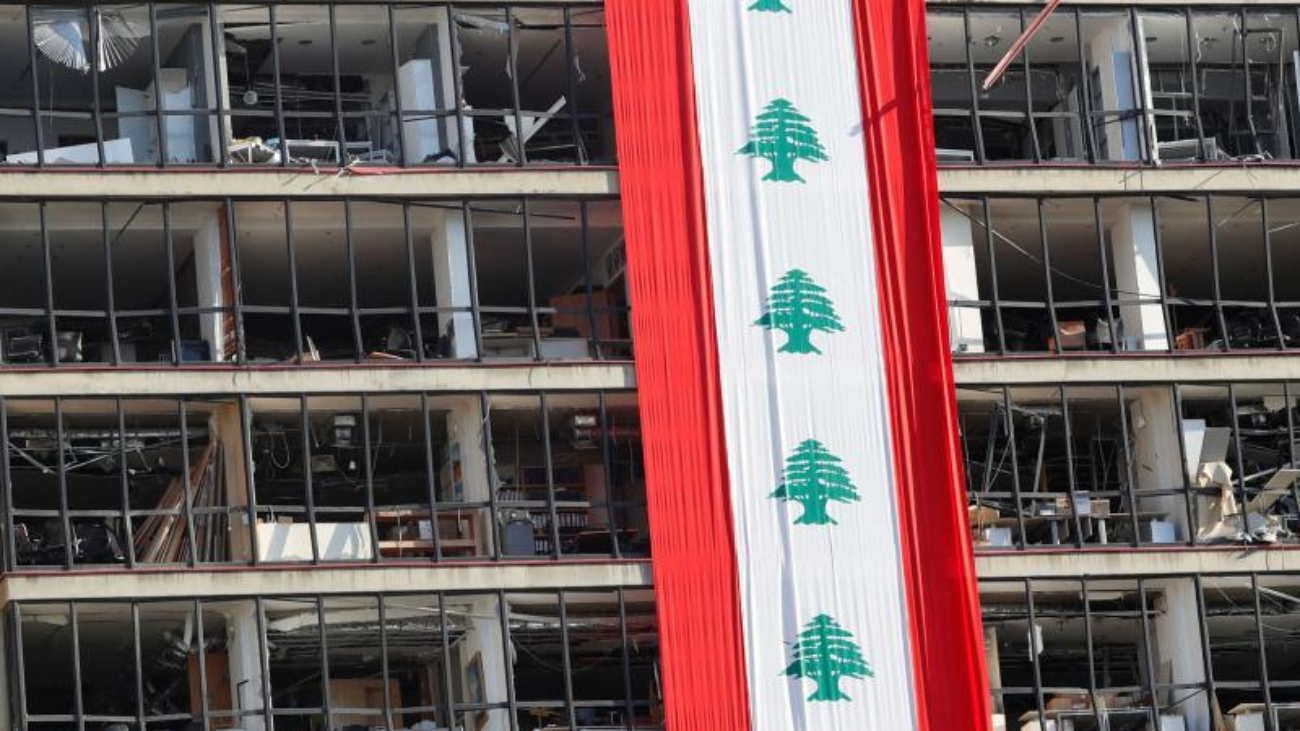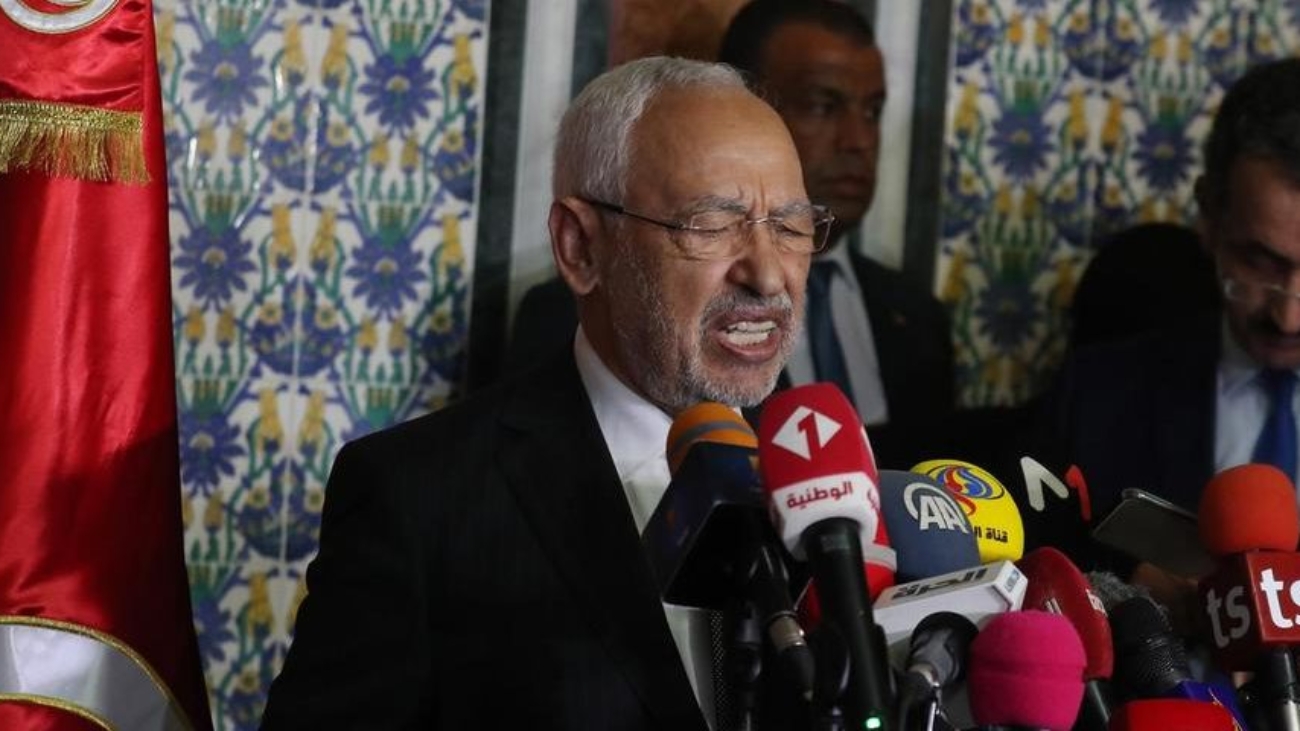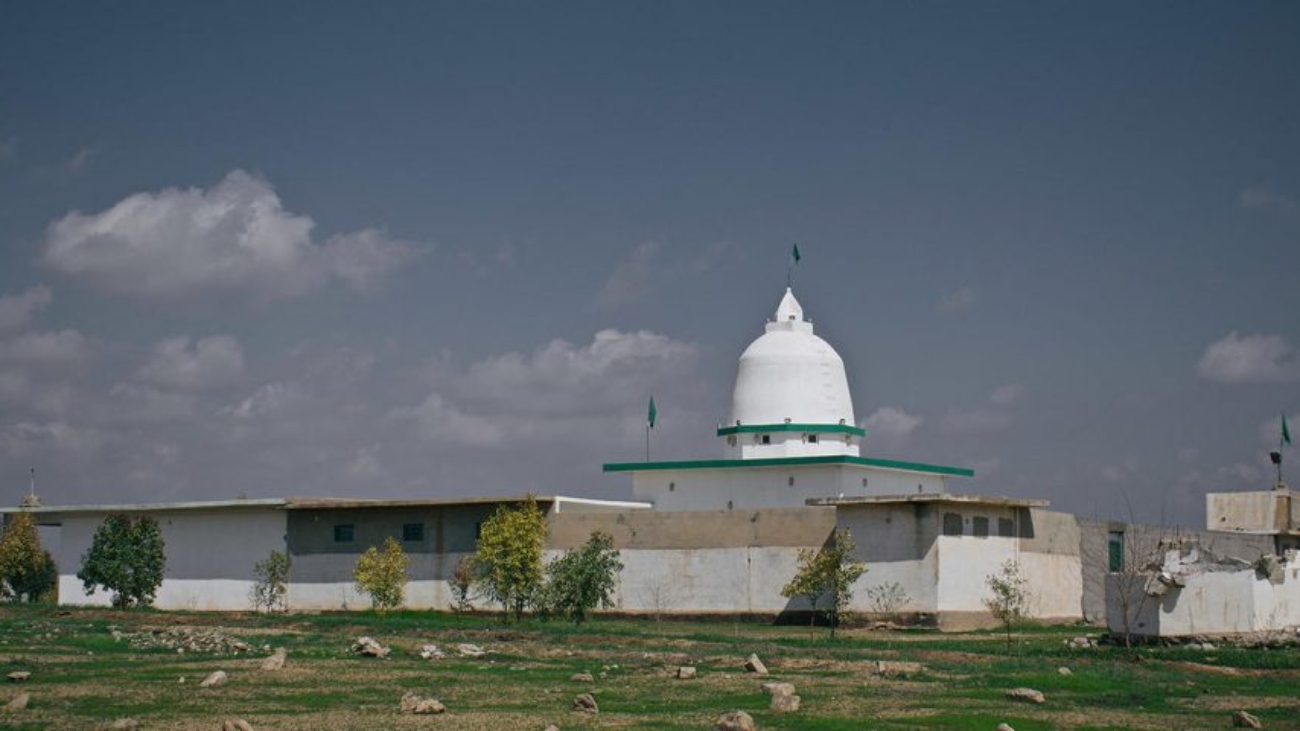it is worth exploring how to strengthen the existing constitutional guarantees in order to reassure Christians – and other constituents – about their fate and dignity.
This piece was originally published on the crcouncil website https://www.crcouncil.org
The visit of Pope Francis to Iraq this week happens in a context of despair felt across Iraq’s ethnic, provincial, and sectarian spectrum. The Christians in Iraq, victims of decades of oppression, look at this visit as a symbol of hope. They also hope it will help address some of their lingering fears. The Holy See’s priorities for Iraq’s Christians should be formulated in specific terms. While Christians in Iraq remain hemmed in how to deal with the past, while being optimistic about their future, most feel overwhelmed by the upcoming visit of His Holiness Pope Francis. As in many other cases, some of the expectations from the visit are indeed too high to meet.
Iraq, known for its diverse population, has failed to protect the human rights and freedoms of its indigenous communities of which the Assyrians – ancestors of today’s Christians – are the oldest and largest. After centuries of Ottoman oppression, they paid the high price of the post-colonial failed state and dictatorship. Estimated at around 1.5 million in the 1980s, today’s numbers range between 250,000 and 400,000 at best. Most are located either in the Kurdistan Region or in Hamdaniya district in the Northern province of Nineveh. While Hamdaniya was traditionally populated by Christians, most of those currently living in the Kurdistan Region landed there after fleeing from other parts of Iraq. In Nineveh specifically, the Christian population has plummeted by 80% since the “Islamic State” invasion. Other Christian population centers in Iraq (Baghdad, Basra, Kirkuk, Tikrit) host only a few families.Since 2003, religiously motivated bloodshed and the devastation caused by ISIS left many Christians dead or displaced. While some dared to return to their areas of origin, the majority is still weary of returning. Both returnees and displaced families look at their future with extreme anxiety. The massive emigration of Christian families in the last three decades does not help build the confidence of those remaining and who feel outnumbered and vulnerable. Many studies show that the primary concern of Christians – and other constituents in Northern Iraq – is safety and dignity. They are afraid from both physical elimination as much as other “identitycidal” measures through induced demographic change, dilution, or exclusion. As these communities fear at least as much – if not more – for their identity than livelihood, the Supreme Pontiff’s visit is an opportunity to advance some tangible ideas with the hope that decision makers in Iraq and the international community can adopt some of them and put them on track to implementation.
Beyond blessing and boosting the morale of Christians, there is a thirst to see some concrete ideas championed by Pope Francis. Many want to believe that this trip has the potential to change some paradigms and affect the pull and push factors of Christian emigration. As in other post-conflict settings where some communities feel under the threat of physical elimination, internationally tested mitigation measures could be relevant. In the specific case of Iraq, it is worth exploring how to strengthen the existing constitutional guarantees in order to reassure the Christians – and other constituents- about their fate and dignity.
Then comes the issue of security. The most effective security actors are either partisan or part of the pro-Iran ecosystem. Counting the disempowered Iraqi armed forces, none of the three types of actors inspire trust. If this perception of not being safe persists, it is very hard to expect the massive return of displaced Christian families, let alone reconstruction. This should encourage and push the Baghdad government to activate the process of creating local security units (at sub-district level) that would be in charge of internal security (within the boundaries of the sub-district) and assign to the other forces (Army, Federal Police, Popular Mobilization Forces) security roles outside of the city/population centers. This should come together with a well-trained and well-resourced civilian oversight mechanism to shield the local security units from partisan manipulation.
Another crucial element is the obsolete administrative units in the Nineveh Plains. The current boundaries take into account neither the current demographics nor the emerging post-ISIS political, economic, and social realities. The Christian community has come a long way on agreeing to the changes that are needed and stand ready to discuss these suggestions with other communities, and with decision makers. Using the visit as a catalyst to revisit the administrative boundaries in Nineveh is important. Constitutional guarantees, together with local security in administrative units that are reflective of today’s demographics and other realities will alleviate many fears but it will not be sufficient to stop the flow of migration. For this to happen, these measures should be complemented by massive investment in the areas where Christians live. This would start by identifying a number of clusters where Christians constitute a demographic majority and design long term twinship models with municipalities or regions in Western countries. Such collaborative constructs would allow large scale investment and development funds to flow to a specific cluster over a relatively long period of time, thus maximizing the impact of resources. This would also entail improving governance practices, a much-needed endeavor in Iraq. Last but not least, they might constitute a channel for hybrid Iraqi-Foreign Public and Private Partnerships (PPP) that could also involve guarantees for high net worth Iraqi individuals living abroad to contribute to the development of their own towns.
As in other MENA countries, the Christians – and other communities considered demographic minorities – will never be able to reverse the demographic advantage that majority communities enjoy. This advantage – caused by both natural and induced demographic change – will persist and, if anything, will only grow. Therefore, there is a need to look at other ways of re-establishing the balance. Today’s world is one of soft power. Amongst the most influential tools of soft power are money and knowledge. If one has both, many of the other traditional tools of power can be disposed of. Therefore, the brunt of investment would better be directed toward support and creating economic, industrial, educational, or technological poles out of the identified clusters. This would confer to the Christian communities a huge leverage that would substitute for the loss of influence resulting from the demographic imbalance.
In light of the above suggestions, it is worth highlighting the significant improvements to the situation of minorities in the Kurdistan Region. The region has successfully provided paths for inclusivity to the minorities, including the Christians. In fact, in 2015, the Kurdistan Region’s Parliament passed the “Law of Protecting the Rights of Components in Kurdistan-Iraq” which “guarantees efficient and full equality to all ethnic and religious minorities living in the Muslim-Kurdish dominated KRI”. The quasi-autonomous administration of Ankawa, the largest Christian agglomeration in Kurdistan – and probably in Iraq now – is a good example of how some measures can help. The types of investment in Ankawa, such as the Maryamana Hospital and the Catholic University of Erbil, both shepherded by the Chaldean Catholic Archeparchy of Erbil, foretell how a cluster can be built to become a pole of knowledge.
Despite these improvements, various factors such as the protracted conflict between the Kurdistan Regional Government (KRG) and the Central Government, the new realities in the disputed territories, and the continued political polarization impede the efforts to address all the concerns of the Christians. Some of the community’s leading figures continually express their dissatisfaction with the partisan influence over Christian representation in KRG institutions and the implications that the Baghdad-Erbil conflict has on the Christians in Nineveh. That said, the decision to have the Pope celebrate the Holy Mass in Erbil stems not just from security and logistics considerations – it is an acknowledgement of the Christian community’s status in the Kurdistan Region and the KRG’s efforts to ensure more inclusivity.
While a Papal visit might not offer opportunities to discuss specific recommendations in full detail, this Apostolic Visit should be different given the imminent threat of extinction that Iraq’s Christians view as being a quasi-certainty. Creating the momentum for such decisions and changes will allow Pope Francis to claim that he contributed to a better future for a beleaguered community.

